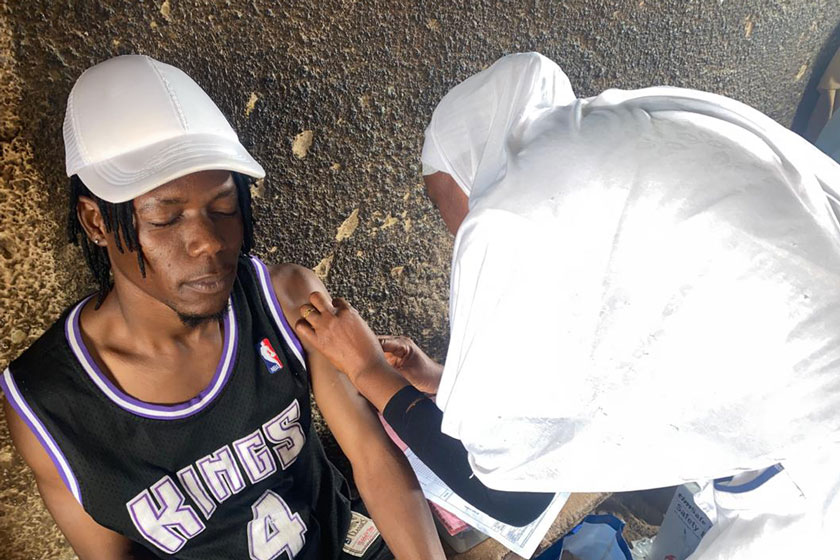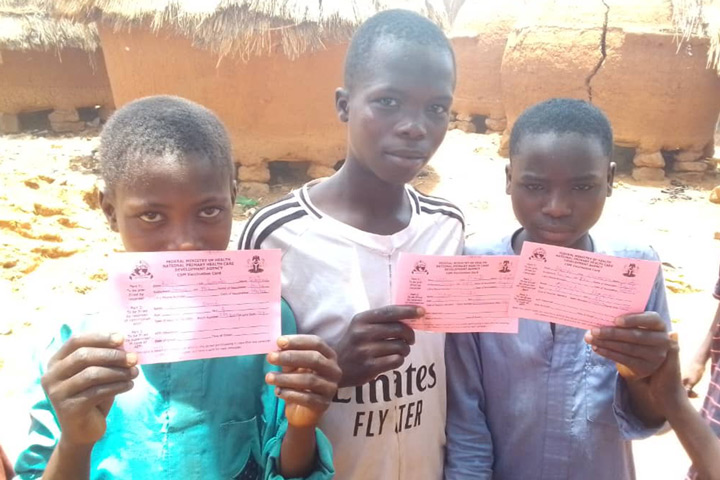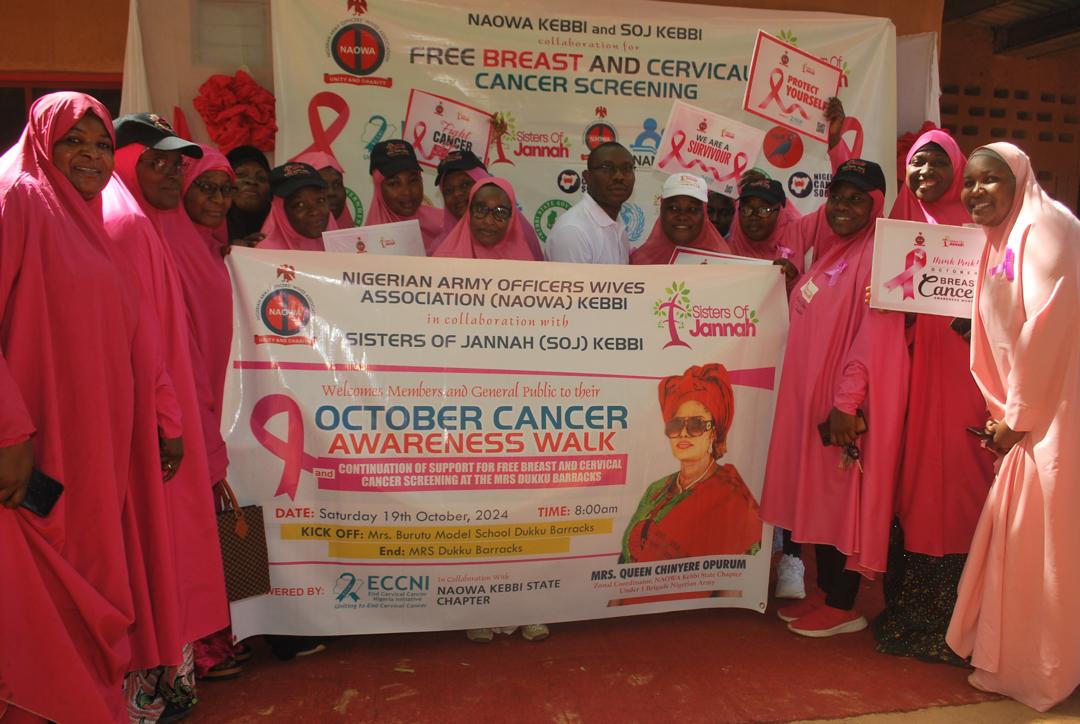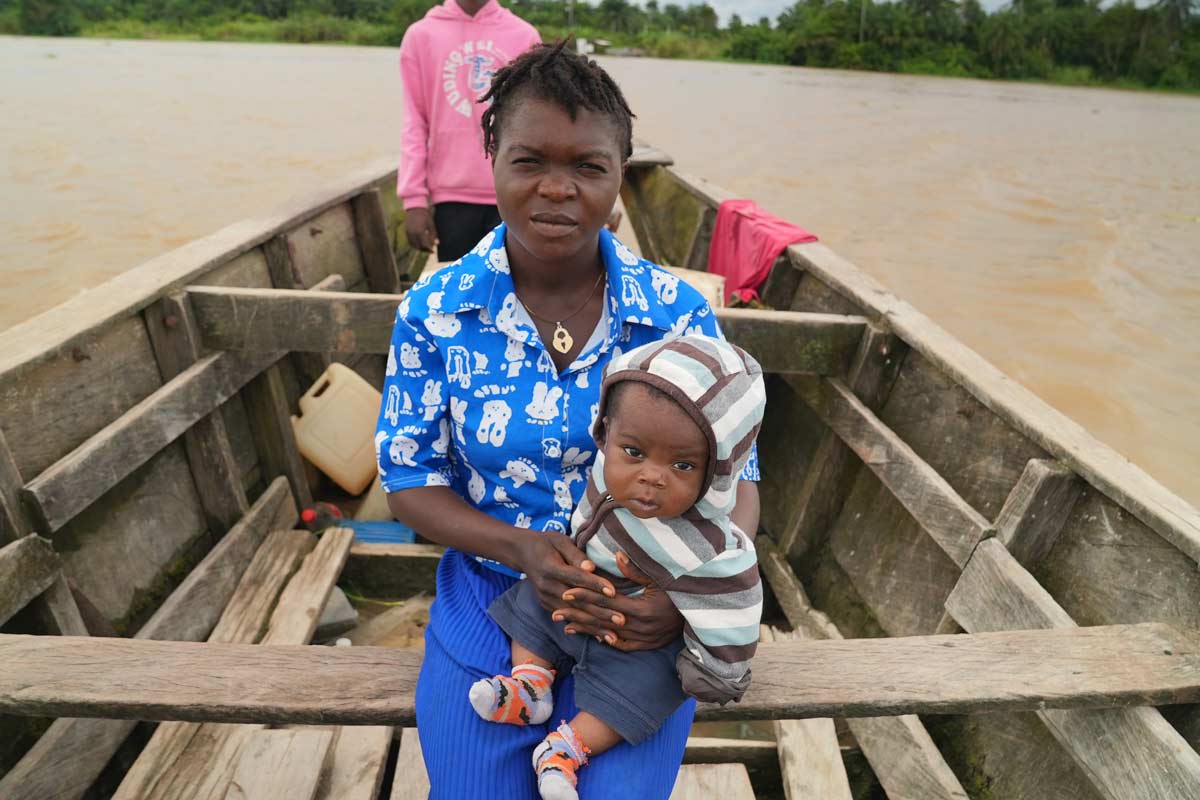How vaccines "demolished the wall" COVID-19 built between Nigerians and their loved ones
Separated for weeks and months because of the COVID-19 pandemic, the arrival of vaccines is allowing people to physically reconnect with friends and family.
- 30 June 2021
- 4 min read
- by Eric Dumo

Bose Oladehinde could not hide her excitement at finally seeing some of her grandchildren. She was turning 60, but the celebration on 20 April turned out to be more than just a birthday party. After months apart as a result of the COVID-19 pandemic, she finally had the chance to physically connect with her loved ones again.
“The joy of seeing my grandchildren and other family members after over six months was unusual,” she recalls. “There were times at the height of the pandemic when I feared I may not see my grandchildren or other family members again.”
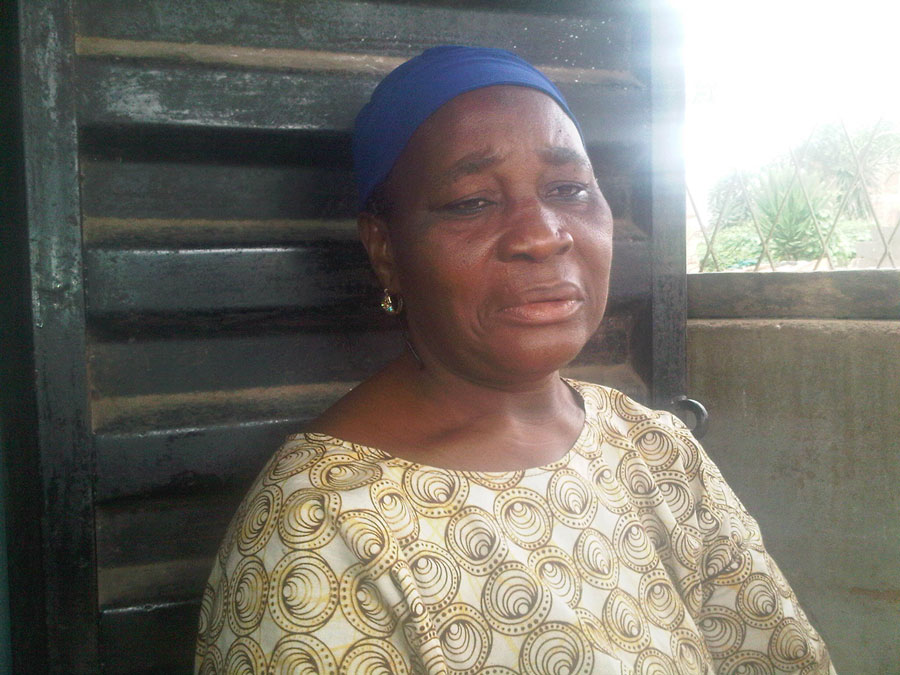
Credit: Eric Dumo
“I stayed indoors and away from visitors for most of the time for maximum protection against the virus. I only spoke with my children, grandchildren and loved ones for all those months on the phone. It was quite disturbing,” she adds.
But that barrier was broken after Oladehinde took the first dose of the jab in March at a health facility in Lagos. Since then, the former school teacher has wasted no time in making up for the time lost by physically reconnecting with all those that matter in her life.
“The thought of being in the embrace of my children and loved ones again pushed me to a treatment centre close to my house to take the jab,” she reveals.
“Now, I am so happy I took that step because the feeling of being able to move around freely and having my loved ones around me after such a long period is indescribable,” she says.
It is a similar feeling for 65-year-old Ezekiel Owodunni, a former railway employee based in Ogun State, South-West Nigeria. In early June, he made the five-hour journey from his base to Ondo State to see some of his family members and childhood friends.
There were risks to taking such a trip at a time when armed gangs regularly attack road users along the highway linking the two states, but Owodunni says it was worth the trouble.
“I was prepared to take any risk just to see my family members again after close to one year,” he says.
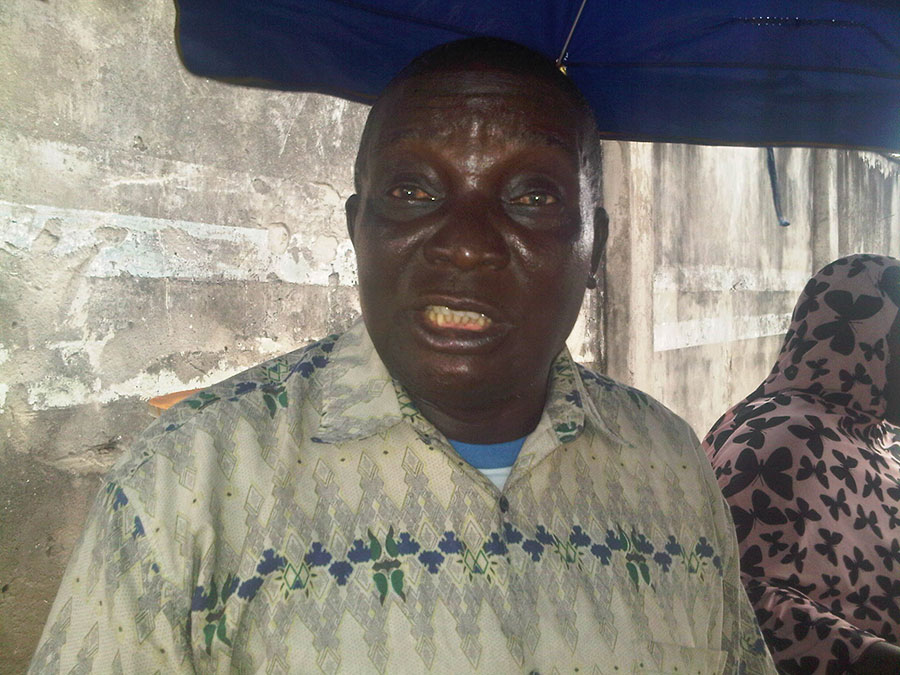
Credit: Eric Dumo
“But after one of my sons took me to the vaccination centre in April to take the jab, the tension has eased a lot, and now I can heave a sigh of relief. Seeing two of my siblings, other family members and childhood friends in the village felt very great,” he added.
The vaccine has also offered younger Nigerians a chance to bond with their loved ones in person again. Besides ushering a new sense of safety among the people, the availability of the vaccine is also encouraging more people to go for testing once they feel any symptom related to the virus.
Have you read?
“The situation wouldn’t have changed for me if the vaccine didn’t arrive in Nigeria,” says Tomisin Aloma, a software developer based in Abuja, who has received the jab.
“The wall COVID-19 created between my friends, my extended family members and I, was demolished by the arrival of the medicine, and I am really happy about this,” he adds.
Beyond the health implications of COVID-19, the strain the pandemic has placed on relationships and human connection has been immense. The impact of it will probably be felt for years to come. But, with more Nigerians embracing the vaccine and continuing with other safety measures such as the wearing of masks and regular hand-washing and use of sanitisers, the narrative is changing.
Francis Kayode, a former insurance worker, who was laid off in December 2020, says, “even though I lost my job to the COVID-19 pandemic, I take solace in the fact that, at least now, I can physically connect with the important people in my life after several months apart because I took the jab.”
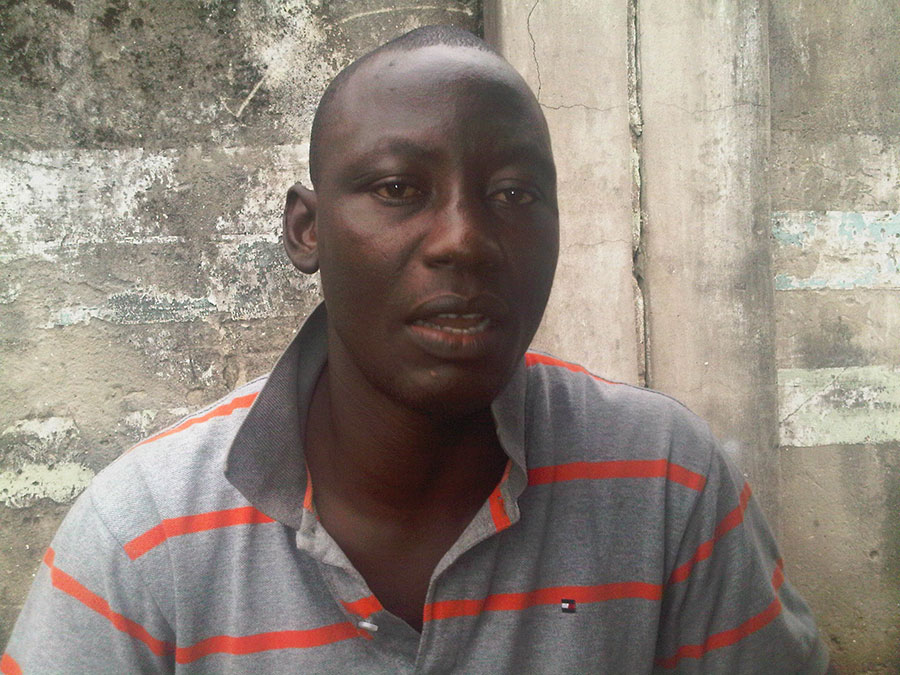
Credit: Eric Dumo
